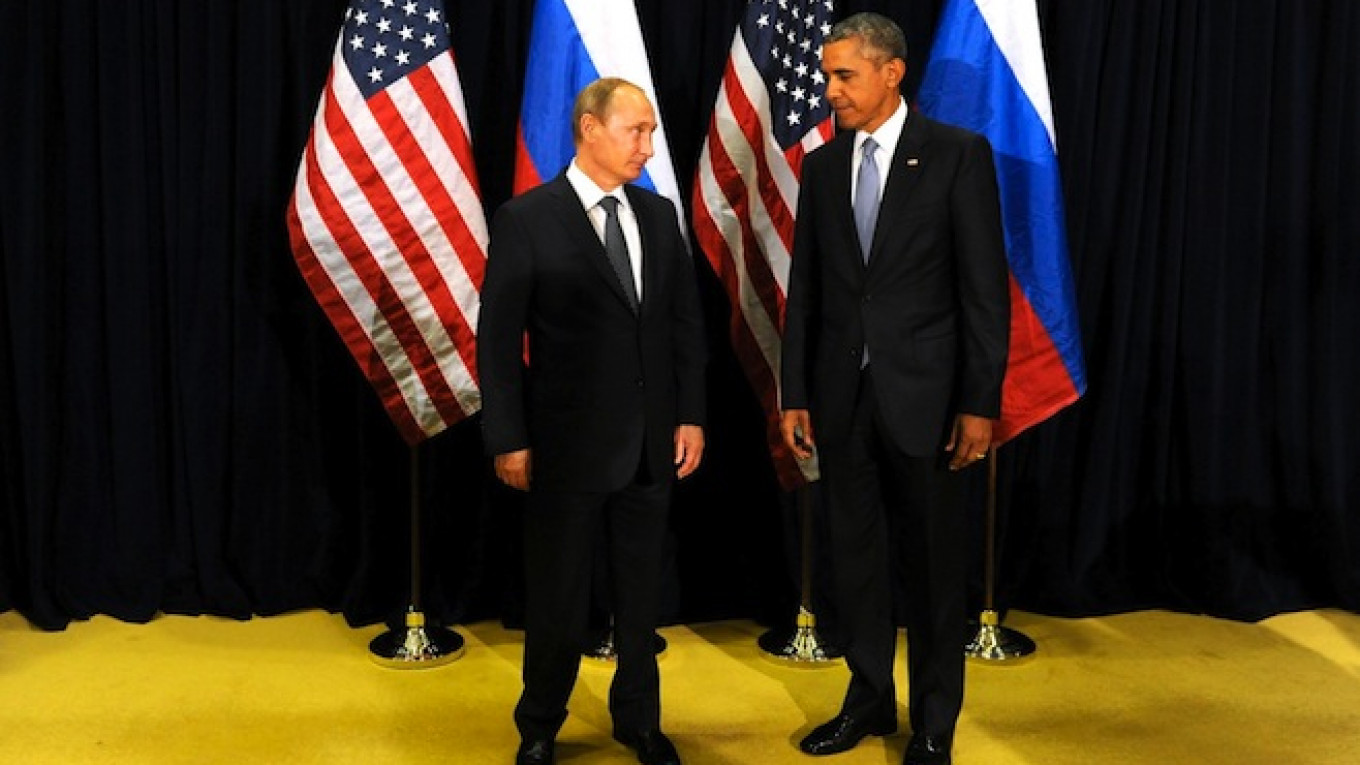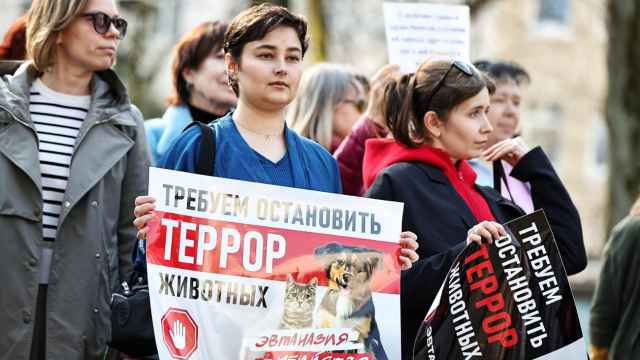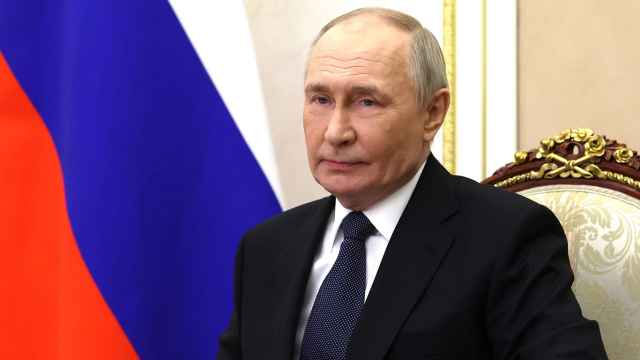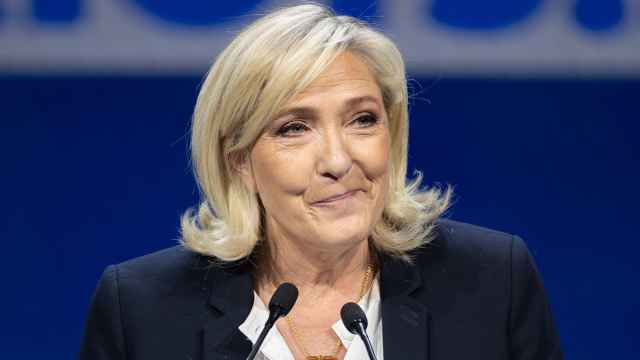The United States topped the list of countries, being named as hostile by 72 percent of respondents, followed by Ukraine with 48 percent of respondents. It is the highest level ever recorded for the Ukraine, which was seen as an enemy by only 37 percent of those surveyed in 2015.
Turkey was seen as an enemy by 29 percent of Russian respondents, a dramatic shift for the country, which was considered hostile by only 1 percent of Russian respondents in 2015.
Relations between Moscow and Kiev have been considered bad by Russians since 2014, Levada Center Deputy Director Alexei Grazhdankin said. Russia annexed the Crimean Peninsula from Ukraine in March 2014.
“There are more and more Russians who see Ukraine as an enemy. As long as the conflict is not solved, it affects Russia's world image. That has an impact on the lives of ordinary Russians, such as the weakening of the ruble, the inability to travel abroad,” Grazhdankin told Vedomosti.
Ties between Russia and Turkey have deteriorated considerably since the downing of a Russian SU-24 by Turkey on Nov. 24, 2015. The incident caused outrage in Russia and was followed by a package of economic sanctions imposed on Turkey by the Kremlin.
“If tensions [between Ankara and Moscow] are not resolved, Russians' attitude toward the country will deteriorate further,” Grazhdankin said, Vedomosti reported.
Belarus, Kazakhstan and China were named as Russia's closest allies, with half of all respondents believing Belarus to have a friendly attitude toward Russia. Kazakhstan and China were named by 39 and 34 percent respectively, according to the poll.
Ten percent of the respondents also mentioned Syria among Russia's allies this year, compared to only 2 percent in 2015. The change is likely connected to Russia's role providing assistance to the country’s army at the request of Syrian President Bashar Assad.
The poll also showed a fall in the number of Russians in favor of becoming part of the European Union. Only 24 percent of respondents wanted Russia to join the organization, down from 53 percent in August 2009.
Grazhdankin said that the results of the poll depended heavily on the foreign policy of other countries: “If ties [with other countries] become less tense, the number of Russians viewing them negatively will decrease, just as we've seen this year with Britain, France and Germany.”
Political analyst Dmitry Oreshkin noted that Russians' attitude to other countries are greatly affected by what is shown on television as many citizens have never traveled abroad, Vedomosti reported.
The survey was conducted May 20-23 throughout 48 Russian regions. Data was compiled from personal interviews. The statistical margin of error does not exceed 4.1 percent.
Contact the author at a.bazenkova@imedia.ru. Follow the author on Twitter at @a_bazenkova.
A Message from The Moscow Times:
Dear readers,
We are facing unprecedented challenges. Russia's Prosecutor General's Office has designated The Moscow Times as an "undesirable" organization, criminalizing our work and putting our staff at risk of prosecution. This follows our earlier unjust labeling as a "foreign agent."
These actions are direct attempts to silence independent journalism in Russia. The authorities claim our work "discredits the decisions of the Russian leadership." We see things differently: we strive to provide accurate, unbiased reporting on Russia.
We, the journalists of The Moscow Times, refuse to be silenced. But to continue our work, we need your help.
Your support, no matter how small, makes a world of difference. If you can, please support us monthly starting from just $2. It's quick to set up, and every contribution makes a significant impact.
By supporting The Moscow Times, you're defending open, independent journalism in the face of repression. Thank you for standing with us.
Remind me later.






